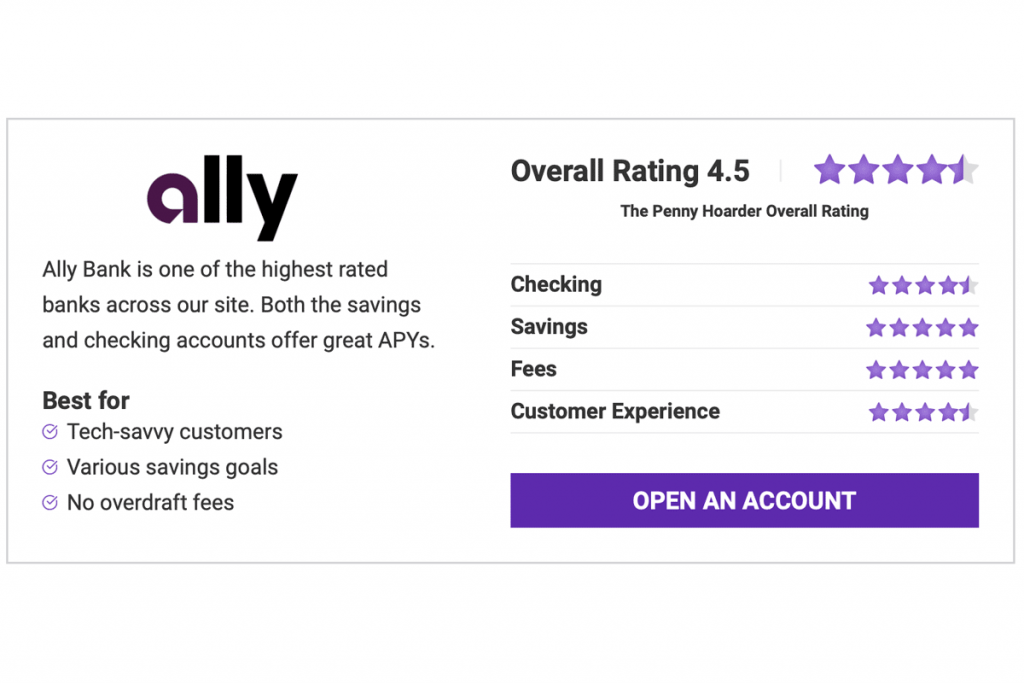There have always been long-standing rules about real estate ownership, including the three most important ones: location, location, location.
But the one constant about real estate investing is that nothing ever stays the same. Even the location rule, because preferred locations change from year to year, and certainly from generation to generation.
After the 2020 pandemic and the resulting red hot seller’s market through early 2022, the situation has cooled drastically in the second half of the year. Home prices have leveled – and houses that would’ve been sold in days now sit on the market for weeks and months. That, along with rising mortgage rates approaching 7%, has turned that once red hot seller’s market into a more balanced market for would-be buyers.
7 Housing Market Trends in 2023
As we approach 2023, it’s time to consider what the experts expect from the housing market in the new year.
1. Buyers Will Begin the Year With a Wait-And-See Mindset
Market confidence in Q4 2022 was at its lowest point since March 2020, according to Freddie Mac’s Housing Market Outlook – a quarterly survey evaluating the public’s sentiment on housing-related issues.
Of those surveyed, 34% said they’re confident the market will remain strong over the next year – down 12% from Q3 2022. In the next six months, only 21% said they are likely to buy, 14% said they are likely to sell, and 17% said they are likely to refinance.
With interest rates still between 6% and 7% with no certainty they will drop significantly lower soon, many buyers may wait out making such a major financial decision at least until later in 2023.
2. Sellers May Get More Flexible on Price
Sellers had a lot of control over the sale of their home at the beginning of 2022.
In some parts of the country, bidding wars would push prices up six figures. Some buyers were so desperate they were willing to buy homes without an inspection or even sight unseen. In popular areas, houses would go on and off the market in less than 24 hours.
Those days are no more.
Existing home sales drop for the tenth straight month in November 2022, according to the National Association of Realtors. Sales were down 7.7% compared to October and 35.4% down from November 2021.
If you’re a buyer, the weaker market should offer some leverage when you’re negotiating the price of a house.
3. Sellers Will Need to Make More Concessions
Concessions — like money for repairs or mortgage rate buydowns — by sellers have slowly increased over the last year. In the fourth quarter of 2022, 42% of sellers gave concessions according to Redfin. That’s the highest rate since July 2020.
“I recently helped one of my buyers negotiate a $10,000 credit for a new roof and a handful of other repairs,” said Van Welborn, a Redfin real estate agent in Phoenix. “We originally asked for $15,000, but were happy with $10,000 because the homeowner also agreed to sell for less than their asking price.”
Large west coast metropolitan areas are seeing the highest increase in seller concessions, with San Diego at 73%, Phoenix at 62%, Las Vegas and Portland at 61%, and Denver at 58%. Buyers in northeast metro areas should expect the fewest concessions, with New York at 13%, Boston at 17% and Philadelphia at 22%.
4. Remote Work Will Continue to Create Housing Uncertainties
Even with more workers returning to office environments in 2022, occupancy rates remain less than half of what they were in 2019.
As of late December 2022, the rates were at 48.5% of pre-pandemic levels, according to Kastle, a security company that offers weekly updates on office occupancy rates in 10 of the largest U.S. metropolitan areas.
The great Return to the Office that was predicted back in 2021 has not happened. Remote work is still thriving, with many companies offering full-time remote jobs or at least hybrid options.
Meanwhile, there has been a migration of workers from one major urban area to another, or to the suburbs, or to warmer climates. Some people may be changing homes in the same town or area.
But many are dangling as they await that possible “go back to the office” order some time in the future.
So, renters are still trying to decide whether they need to buy. And prospective buyers shopping for a house post-pandemic are asking themselves whether they need a place with two office spaces rather than one office and one kitchen table – and if they need to buy anywhere near their company’s office in the first place.
5. Homeowners May Choose to Improvement Projects Over Selling
Interest rates on a 30-year fixed-rate mortgage hovered around 3% to 4% between 2015 and early 2022, dipping to as low as 2.6% in December 2020.
Homeowners that locked into rates during those times might be wary of having to lock into a much higher interest rate of more than 6%, raising their monthly payment by hundreds of dollars.
For a $350,000 mortgage — around the average price of a home currently in the U.S. — a homeowner would pay $650 more a month with a 6.8% interest rate over a 3.8% interest rate.
That’s a huge difference. Add in a dose of uncertainty about a recession, and it makes a lot of sense why homeowners might want to take out a much smaller loan for a home improvement instead of locking into another mortgage at a much higher interest rate.
6. Interest Rate Relief May Only Be Slight – If at All
Speaking of interest rates, don’t expect too much relief in 2023.
While it’s impossible to predict with certainty, rates will remain over 6% throughout the year, according to Fannie Mae projections.
Again, higher interest rates mean higher monthly payments. So if adding hundreds of dollars to your housing budget doesn’t work for your bank account, you might want to wait things out in 2023.
Use this year to get all your finances in order and reassess whether a mortgage will make better financial sense in 2024. Deciding if it’s a good time to buy a house is a very personal decision, but outside factors, like interest rates, should definitely be a part of the equation.
7. Natural Disasters May Impact Home Costs in Some Areas
Whether wildfire concerns in the west, hurricane damage in the south or flooding in many other parts of the country, insurance companies are responding to the increasing occurrence of natural disasters by increasing premiums for homeowner’s insurance or flood insurance.
And even if you can afford the premiums, the process of making claims for flood or wildfire insurance can be long, painful and not always successful.
While home prices have skyrocketed on average throughout the country, in places prone to hurricanes and wildfires, the average home prices have dropped in response to concerns over the long-term safety of the home.
In some areas, homeowner’s insurance might not cover water damage or might be unavailable to protect against other dangers.
Which is just another reason 2023 could be a treacherous stretch for the housing market.
Robert Bruce is a senior staff writer at The Penny Hoarder covering earning, saving and managing money. He has written about personal finance for more than a decade.
Credit: Source link














